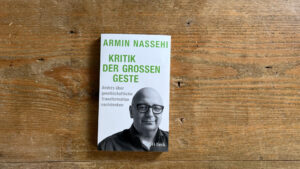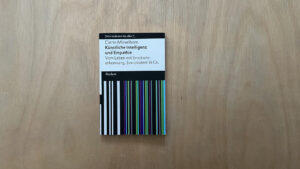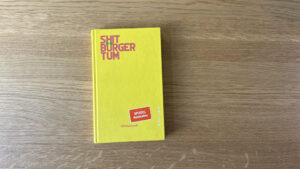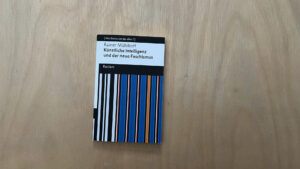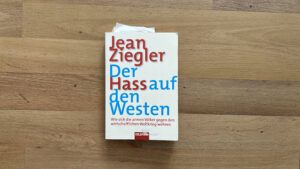In the quest of new ways of creating stories, shaping media and developing meaning in communication, I attended today’s Stagconf (Storytelling and Games Conference). I got what I wanted, but it’s a bit hard to summarize….
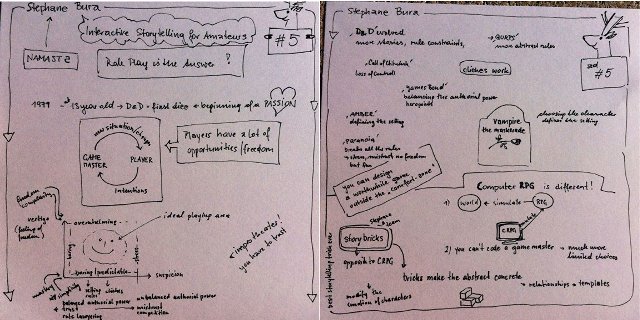
- I’m not a gamer. That’s maybe because I’m not a pretender in any sense. I just do stuff; maybe my life is more playful than a bad role-player game. But I appreciate the game writers’ approach to stories and content a lot. The basic rules of storytelling (start somewhere, have the big picture in mind, care a lot about details, reduce to the best, use strong patterns etc.) have strong parallels to rules for online media I’m discussing here (unfortunately in german.
- There is no german word for writer. “Texter” is not enough, that’s the guy who is arranging letters. “Autor” is to much – you need an œuvre to be an author, but sometimes you just want a plot (or a story). That’s maybe a symptom of the fact, that the job of a writer hardly exists around here (unless you’re writing books. In my opinion: when you create content (be it text, video, or interaction-infrastructures and -rules), you are a writer. – Or you should be.
- Discussing storytelling in games and other content-focused approaches make much more sense to me than all those tv/print/online- or, even worse, quality-discussions. I see much more potential to gain some insights into the future of media from here, then fromut it (no, I did not wait until it (what?) was published or broadcasted in some old school media), the topics where quite boring and the discussion quite…well, I’m not going to offend anybody.
- Game-Writers ask themselves the same question as the creators of online media frequently ask (and they hate it to the same degree): when will we be as rich and cool as TV? Why were TV and movies so fast to invent working business models and to be a renowned art, and we are not? Why are there still so many bad and clueless writers or digital media consultants around? – That’s probably also due to the fact that is very hard to develop criteria of professionalism for the creation of reality. To whom do you compare, who is your benchmark? God?
- That makes me to the key learning I had to day. It’s not new, but it was expressed very beautifully: Writing does not mean typing. It does not even necessarily have to deal with words. It’s about creating an shaping energy – in yourself, and in others. That’s how David Calvo put it.
To me, that means: It needs the full story to create good content. Don’t focus on words, features, highlights, you have to deliver rather a complete solution. Even if you can’t use it in full extent, even if it’s just a 2 minutes clip you have to deliver or a at first glance short news release. If you don’t, its crap. And that’s what people realize…
That’s another parallel between writing for games and creating content for dialogue-oriented media or environments: People work with your content. They improve it, they unmask it (or you), and they will discover all the weaknesses. – They will do it, just because they can… So you better have an answer. Gamewriters also call that the Munchhausen-Pattern: You have an answer to any objection… 🙂


